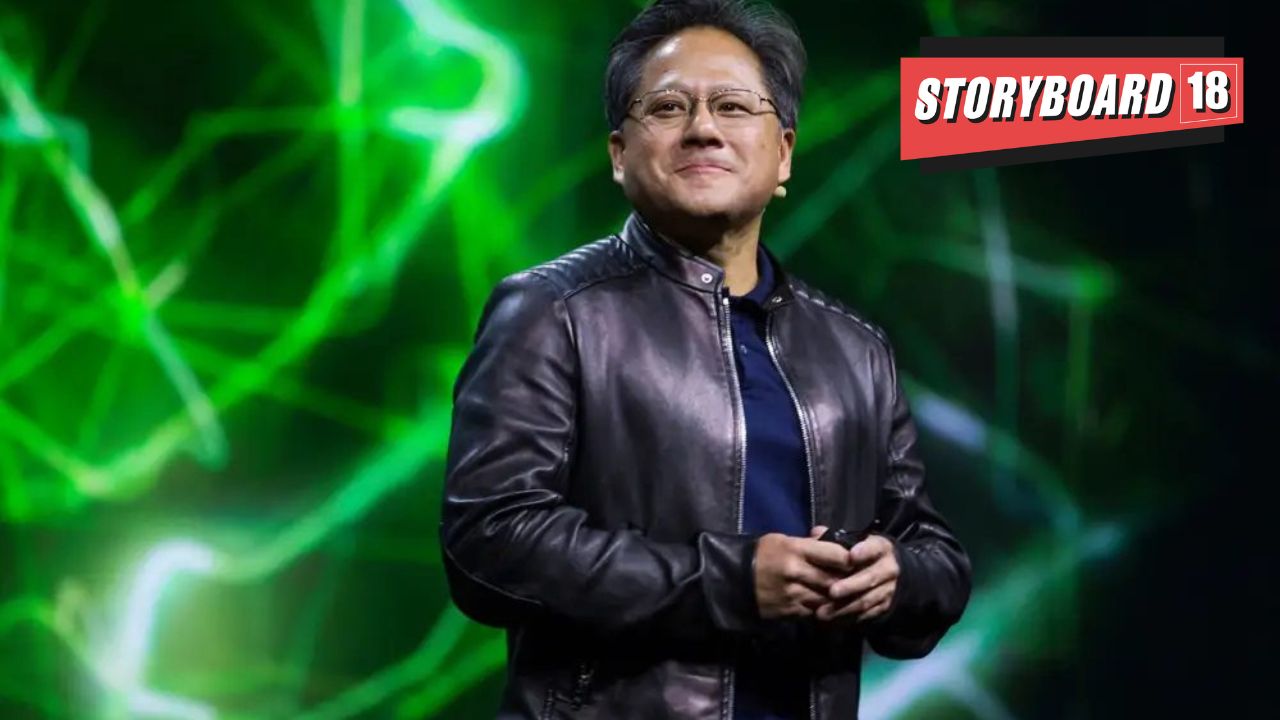Nvidia CEO Jensen Huang recently announced its partnerships with Reliance Industries as well as the Tata Group to bring advanced AI technology to India. Reuters reported that Nvidia’s supremacy in building computer chips for artificial intelligence has chilled venture funding for would-be rivals, investors said, with the number of U.S. deals this quarter falling 80 percent from a year ago. The Santa Clara, California company overpowers the market when it comes to chips that work with massive amounts of language data. This is challenging for other companies as Generative AI models get incrementally smarter through exposure to more data, a process called training.
As per other reports, Nvidia CEO Jensen Huang was enthusiastic about India’s prospects in the context of artificial intelligence. He claimed that that going forward, AI could be India’s largest export. “It is likely that one of the largest export products of India is AI that you will produce,” he said.
Huang further added, “The energy in India has always been great. There’s genuine international desire to invest in India unlike any time in history.”
He believes this is due to India’s natural resource – computer science. Huang states, “I think that Nandan (Nilekani) probably played a very big role in that. It is one of your natural resources. You produce it at incredible scale, and you’re incredibly good at it and you export it all over the world. You’ve got to transform that IT natural resource into an AI natural resource.”
The reports further revealed that Huang’s answers frequently mentioned the tech talent that comes out of India’s colleges, particularly the IITs.
“You have the great talent of computer scientists; you produce more computer scientists than any country on the planet. Your infrastructure for producing computer scientists is called actual intelligence. That infrastructure is called IIT. You produce world-class computer scientists at scale,” he said.
Huang said that people can build, train and produce AI in India. But there is a need for infrastructure to pursue those ambitions: “In the future, I hope that we have supercomputers here in India. Our engineers will use the supercomputers here, they will be able to do their AI work — all the local ecosystem partners, developers, AI startups, researchers, scientists, you just use your own infrastructure. The engineers can stay here, you don’t have to go anywhere else to do it,” he added.
In May this year, NVIDIA and ad holding company WPP, which owns leading media and creative agencies including GroupM and Ogilvy, announced they are developing a content engine that harnesses NVIDIA Omniverse and AI. The engine enables creative teams to produce high-quality commercial content faster, more efficiently and at scale while staying fully aligned with a client’s brand.
Huang unveiled the engine in a demo during his COMPUTEX keynote address, illustrating how clients can work with teams at WPP, the world’s largest marketing services organization, to make large volumes of brand advertising content such as images or videos and experiences like 3D product configurators more tailored and immersive. “The world’s industries, including the $700 billion digital advertising industry, are racing to realize the benefits of AI,” Huang said. “With Omniverse Cloud and generative AI tools, WPP is giving brands the ability to build and deploy product experiences and compelling content at a level of realism and scale never possible before.”
